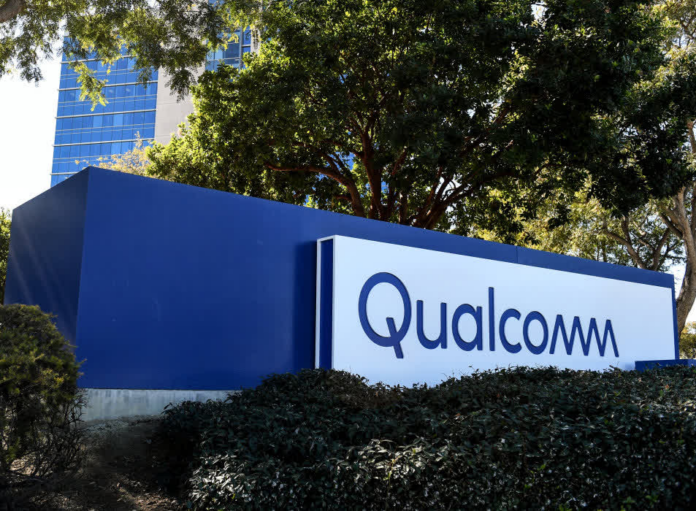In a nutshell: We haven’t heard much about Qualcomm’s interest in acquiring Intel since the first reports arrived in September, but it appears that the potential deal isn’t dead. Qualcomm is just waiting until after the US election before deciding what to do.
As Intel struggles with a falling stock price and revenue failing to meet expectations, there were reports last month that Qualcomm had approached Chipzilla with an acquisition offer.
According to people familiar with the matter who spoke to Bloomberg, Qualcomm has decided to wait until after the election before deciding its next move. Such a massive deal would undoubtedly face intense scrutiny from regulators, both domestic and globally. The company wants to see how the next administration’s policies affect factors that could impact the acquisition, such as antitrust rules and US-China relations.
China is an important market for both Qualcomm and Intel. In the same month that it first approached Intel, Qualcomm met with antitrust regulators in China to gauge any potential response to the deal. The company hasn’t received any feedback from Chinese authorities, who are apparently waiting to see if Qualcomm makes a formal offer for Intel.
In the US, where Intel is the key player in the government’s plan to reignite the country’s domestic chip manufacturing industry, White House support for the deal would be crucial.
Intel is set to become the biggest beneficiary of the Chips act, receiving $8.5 billion in grants as well as $11 billion in low-interest loans, provided it proceeds with its factory construction plans. It’s been six months since the government announced the award and Intel is still waiting for the funding. Qualcomm has been in discussions with US regulators and believes that an all-American merger could alleviate any concerns, according to the report.
The sources added that Qualcomm could wait until after the next US president is inaugurated in January, 2025, before deciding whether to proceed with the transaction.
Biding its time could be advantageous for Qualcomm. Intel will report its third-quarter earnings later this month. If it’s another disappointing quarter that causes the share price to fall even further, a takeover deal could cost Qualcomm less money. Analysts are predicting another net loss in excess of $1 billion for Intel.



